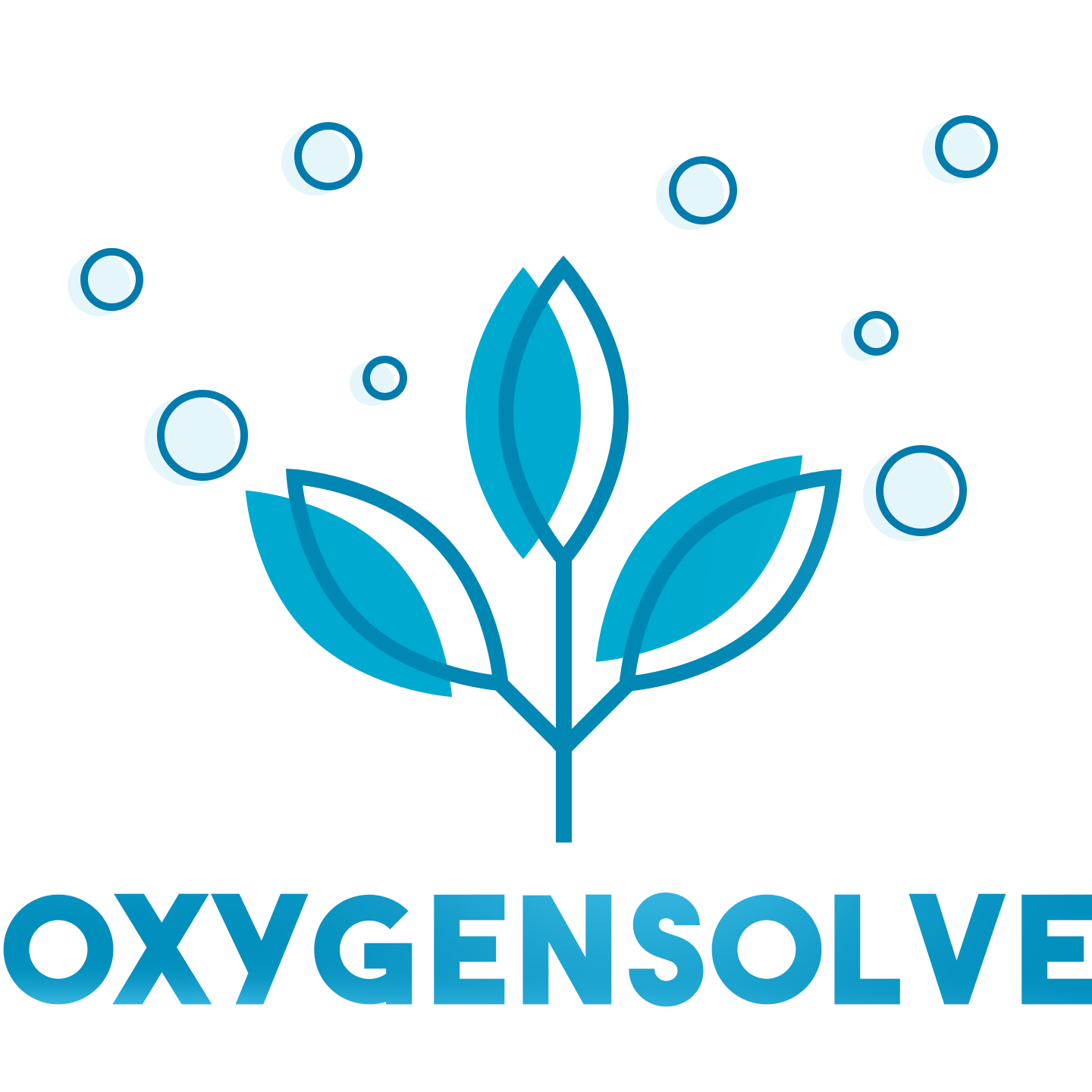The Silent Threat: Air Pollution and Its Impact on Respiratory Health
CODE
The air or oxygen we breathe is essential for life. Every cell in our body relies on a steady supply of oxygen to function properly. But what happens when the air we breathe becomes compromised? Air pollution is a growing problem around the world, posing a significant threat to patients with respiratory diseases.
In this blog, Oxygensolve, a leading provider of oxygen concentrators, dives deep into the connection between air pollution and respiratory diseases. We'll explore the common pollutants, how they affect our lungs, and the increased risk factors for those with pre-existing respiratory conditions.
Understanding Air Pollution
Air pollution is a complex mix of harmful substances that can come from various sources. Some of the most common air pollutants include:

- Particulate Matter (PM): PM is a mixture of tiny particles and droplets that can lodge deep in the lungs. PM comes from vehicle emissions, industrial processes, and wildfires.
- Ground-Level Ozone: This gas is formed when sunlight reacts with pollutants from vehicles and factories. Ozone irritates the airways and can trigger asthma attacks.
- Nitrogen Dioxide (NO2): NO2 is a gas emitted from vehicle exhaust and power plants. It can irritate the airways and reduce lung function.
- Sulfur Dioxide (SO2): SO2 is a gas emitted from coal-fired power plants and industrial facilities. It can irritate the respiratory system and worsen asthma symptoms.
The Silent Attack: How Air Pollution Affects Your Lungs
When we breathe in polluted air, the pollutants irritate and inflame the airways. This can lead to a range of respiratory problems, including:

- Increased Coughing and Phlegm Production: Air pollution irritates the lining of the airways, triggering the production of mucus (phlegm) to trap and expel the pollutants. This can lead to a persistent cough.
- Wheezing and Shortness of Breath: Pollutants can cause the airways to narrow, making it difficult to breathe and leading to wheezing, a whistling sound during breathing.
- Exacerbation of Asthma: For people with asthma, air pollution can act as a trigger, worsening their symptoms and causing asthma attacks.
- Chronic Obstructive Pulmonary Disease (COPD): Long-term exposure to air pollution is a significant risk factor for COPD, a progressive lung disease that makes breathing difficult.
- Lung Cancer: Studies have shown a strong link between chronic exposure to air pollution and an increased risk of lung cancer.
Protecting Your Lungs: What You Can Do
While we can't control the air quality outside, there are steps we can take to protect ourselves from the harmful effects of air pollution:
- Limit your exposure: When air quality levels are high, limit your time spent outdoors. You can check air quality forecasts in your area through government websites or environmental apps.
- Stay informed: Sign up for air quality alerts in your area. These alerts will notify you when air quality levels are high and recommend actions you can take to protect yourself.
- Reduce your exposure to secondhand smoke: Secondhand smoke is a major source of air pollution and a significant health hazard. Avoid exposure to secondhand smoke by not smoking yourself and asking others not to smoke around you.
- Improve indoor air quality: Use air purifiers in your home to remove pollutants from the air you breathe indoors.
- Invest in an Oxygen Concentrator: For individuals with chronic respiratory conditions, an oxygen concentrator can be a valuable tool. Oxygensolve offers a variety of oxygen concentrators to suit different needs and budgets.
Oxygensolve: Your Partner in Respiratory Health
At Oxygensolve, we understand the importance of breathing clean air. We offer a wide selection of high-quality oxygen concentrators to help people with respiratory diseases breathe easier and improve their quality of life. Our oxygen concentrators are designed to be reliable, easy to use, and portable, so you can take them with you wherever you go.

If you are concerned about air pollution and its impact on your respiratory health, we encourage you to visit our website or contact us today to learn more about how our oxygen concentrators can help.
Taking Action for Cleaner Air
In addition to protecting ourselves from the immediate effects of air pollution, we can also work towards reducing air pollution levels in the long term. Here are some ways you can get involved:
- Support clean air policies: Contact your elected officials and urge them to support policies that reduce air pollution.
- Choose cleaner transportation options: Walk, bike, or take public transportation whenever possible. This will help to reduce vehicle emissions.
- Reduce your energy consumption: Conserving energy helps to reduce air pollution from power plants.
By taking action to protect ourselves and advocating for cleaner air, we can all work towards a healthier future for our lungs and our planet.
Remember: Early detection and intervention are key to managing respiratory diseases effectively. Taking steps to reduce your exposure to air pollution and seeking appropriate medical care when needed can significantly improve your quality of life.





















